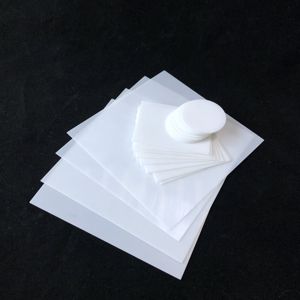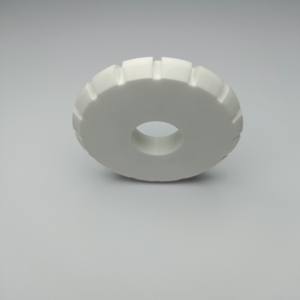Discover Premium Ceramic Products | Durability & Elegance United | Advanced Ceramics
PRODUCT PARAMETERS
Description
Introduction to Alumina Ceramics
Alumina ceramics are known for their high hardness, wear resistance, corrosion resistance, good electrical insulation and high temperature stability. According to the different alumina content, it can be divided into different grades, such as 95 porcelain, 99 porcelain, etc., among which 99 porcelain refers to ceramic materials with an alumina content of 99%. As the alumina content increases, its mechanical strength and electrical insulation properties will also increase accordingly.
Characteristics of Alumina Ceramics
High Hardness: Alumina ceramics have extremely high hardness, which makes it very wear-resistant and suitable for manufacturing abrasive tools and parts that require wear resistance.
Wear resistance: Due to its high hardness, alumina ceramics show excellent wear resistance and are suitable for manufacturing parts for long-term use.
Corrosion resistance: Alumina ceramics have good resistance to most acids and alkalis, making them widely used in the chemical industry.
Good electrical insulation: As an excellent electrical insulating material, alumina ceramics are widely used in electronic and electrical products.
High temperature stability: Ability to withstand extremely high temperatures without significant physical or chemical changes, which makes it an ideal choice for applications in high temperature environments.
Biocompatibility: In the medical field, certain grades of alumina ceramics are used to make medical devices such as artificial joints due to their good biocompatibility.

(Excellent Electrical Insulation Properties Customized Alumina Ceramics)
Specifications of Excellent Electrical Insulation Properties Customized Alumina Ceramics
Excellent Electrical Insulation Properties Customized Alumina Ceramics are engineered for high-performance applications requiring reliable insulation under demanding conditions. These ceramics are made from high-purity alumina (Al₂O₃) with aluminum oxide content ranging from 95% to 99.9%. This composition ensures superior electrical resistance, making them ideal for insulating components in electronics, power systems, and high-temperature environments.
The dielectric strength of these ceramics typically exceeds 15 kV/mm. This property prevents electrical current leakage even under extreme voltage stress. Their volume resistivity stays above 10¹⁴ Ω·cm at room temperature. This ensures stable performance in both AC and DC circuits.
Alumina ceramics withstand temperatures up to 1700°C without significant degradation. This thermal stability allows consistent operation in furnaces, heaters, and aerospace systems. Their low thermal expansion coefficient minimizes dimensional changes during rapid temperature shifts. This reduces cracking risks in dynamic thermal environments.
Mechanical strength is another key feature. Customized alumina ceramics offer hardness levels comparable to steel. They resist wear, abrasion, and chemical corrosion. This durability extends service life in harsh industrial settings. Surface finishes and geometries can be tailored to meet specific application needs. Options include precision machining, polishing, or coating for enhanced performance.
These ceramics are compatible with advanced manufacturing techniques like injection molding or dry pressing. This flexibility supports complex shapes and tight tolerances. Common applications include insulators for spark plugs, circuit breakers, and semiconductor equipment. They also serve as substrates for electronic circuits or protective sleeves for thermocouples.
Customization options cover size, thickness, and porosity. Adjustments ensure optimal compatibility with electrical or thermal systems. Testing protocols verify insulation properties before delivery. Standards like ASTM or IEC guarantee quality consistency.
The combination of electrical insulation, thermal resilience, and mechanical robustness makes these ceramics a preferred choice for industries prioritizing safety and efficiency. Their adaptability to custom requirements ensures solutions align with precise operational demands.
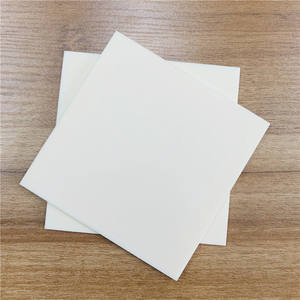
(Excellent Electrical Insulation Properties Customized Alumina Ceramics)
Applications of Excellent Electrical Insulation Properties Customized Alumina Ceramics
Customized alumina ceramics with excellent electrical insulation properties are widely used in industries requiring reliable electrical isolation. These ceramics are made from high-purity aluminum oxide. They provide strong resistance to electric current. This makes them ideal for applications where safety and performance are critical.
In electronics, alumina ceramics serve as substrates for circuit boards and semiconductor components. Their insulation prevents electrical leakage. They handle high temperatures well. This stability ensures devices operate smoothly under thermal stress.
Power systems use alumina ceramics in insulators and bushings. These parts manage high voltages in transformers and switchgear. The material’s resistance to arcing and corrosion extends equipment lifespan. It reduces maintenance costs.
The automotive industry relies on alumina ceramics for electric vehicle components. Battery housings and sensor mounts benefit from their insulation. They protect against short circuits. Heat resistance keeps parts functional in demanding engine environments.
Aerospace applications include wiring insulation and sensor protection. Alumina ceramics withstand extreme temperatures and radiation. They maintain performance in satellites and aircraft systems.
Medical devices use these ceramics for imaging equipment and surgical tools. Electrical insulation prevents interference in sensitive instruments. Biocompatibility ensures safety in direct body contact.
Industrial machinery incorporates alumina ceramics in heating elements and sensors. They isolate electrical parts in high-temperature furnaces. Chemical resistance allows use in harsh processing environments.
Customized shapes and sizes are achievable through advanced manufacturing. This flexibility meets specific design needs. Alumina ceramics are cost-effective for mass production. Their durability reduces replacement frequency.
These ceramics combine insulation with mechanical strength. They outperform many plastics and traditional materials. Industries prioritize them for critical electrical applications.
Company Introduction
Advanced Ceramics founded on October 17, 2014, is a high-tech enterprise committed to the research and development, production, processing, sales and technical services of ceramic relative materials and products.. Since its establishment in 2014, the company has been committed to providing customers with the best products and services, and has become a leader in the industry through continuous technological innovation and strict quality management.
Our products includes but not limited to Silicon carbide ceramic products, Boron Carbide Ceramic Products, Boron Nitride Ceramic Products, Silicon Carbide Ceramic Products, Silicon Nitride Ceramic Products, Zirconium Dioxide Ceramic Products, Quartz Products, etc. Please feel free to contact us.(nanotrun@yahoo.com)

Payment Methods
T/T, Western Union, Paypal, Credit Card etc.
Shipment Methods
By air, by sea, by express, as customers request.

5 FAQs of Excellent Electrical Insulation Properties Customized Alumina Ceramics
What makes alumina ceramics excellent for electrical insulation?
Alumina ceramics have high electrical resistivity. They stop electric current from passing through. Their dense structure and purity help prevent conductivity. This makes them ideal for insulating parts in electrical systems.
Can alumina ceramics be customized for specific insulation needs?
Yes. These ceramics can be shaped into different sizes and forms. Thickness and surface finish are adjusted based on application requirements. Customization ensures they fit precisely into devices needing reliable insulation.
What temperature range do these ceramics handle?
Alumina ceramics work in extreme heat. They insulate effectively from room temperature up to 1600°C. Their insulation properties stay stable even as temperatures change. This makes them suitable for high-heat environments like industrial furnaces.
How do alumina ceramics compare to other insulating materials?
They outperform many plastics and glass-based materials. Alumina ceramics resist higher temperatures without degrading. They are harder and last longer under mechanical stress. This reduces replacement costs in demanding applications.
What factors affect their electrical insulation performance?
Material purity matters. Higher alumina content (99%+) improves insulation. Manufacturing quality ensures no cracks or pores that might weaken performance. Environmental exposure to chemicals or moisture can influence long-term reliability. Proper selection and design minimize these risks.
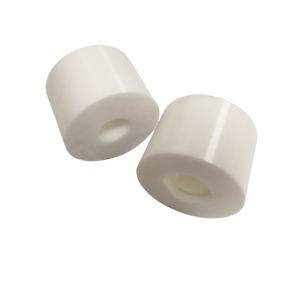
(Excellent Electrical Insulation Properties Customized Alumina Ceramics)
REQUEST A QUOTE
RELATED PRODUCTS
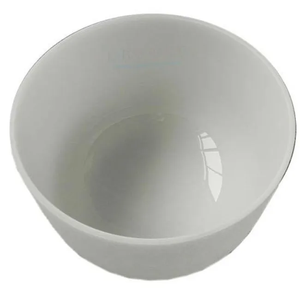
Alumina Ceramic Insulator Custom-made 95 Alumina Ceramic Part
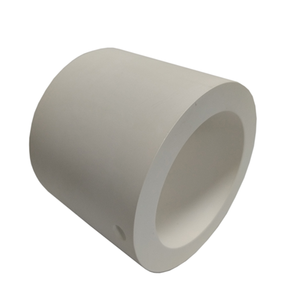
Diameter Size 2mm 19mm 20mm 30mm Grinding Media Alumina Ceramic Balls
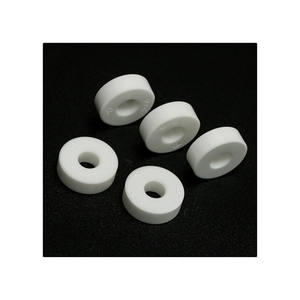
Alumina ceramic protection tube
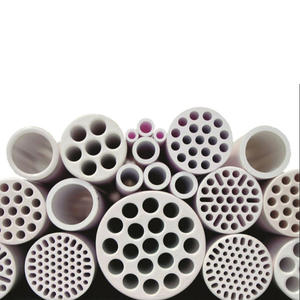
99% alumina ceramic precision machining Alumina ceramic parts
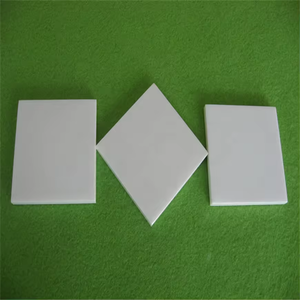
Resistance Ceramic Roughness 96 % Alumina Ceramic Rod
